Selecting an appropriate content management system amid the wide availability of CMS vendors is a daunting task. However, making a wrong choice can lead to harsh consequences for your business. For a fact, a perfect CMS does not exist, meaning a single solution is not enough to offer you all the possible solutions. Since buying a CMS needs excessive supervision and support. There are multiple aspects you need to focus on for selecting a robust content management system. So, this article will guide you with some major key points to select the right CMS for your organization.
1. Planning to Develop in-house content management software? Don’t do it!
Though your team can build a custom CMS, it is not as easy to run as it appears. Regardless of the way you design, you require years of experience that contribute to managing the complexities associated with CMS. Therefore, the amount you will pay for the developer support in the long term exceeds the cost of purchasing a CMS.
2. A CMS that is scalable and supports omnichannel is all you require
Scalability is a must when selecting a CMS solution, as every growing business goes through an array of changes. At the same time, you must also focus on omnichannel, even if your business is leveraging desktops and mobile sites. Look forward to the properties that look profitable in the future.
3. Don’t stick to one code and look for support over the software
A great content management system is a good choice, but the unavailability of proper programmers can lead to failure. Many traditional CMS, for instance, create bottlenecks by requiring the hiring of especially skilled resources for the specific CMS structure. Select a CMS that offers your developers a chance to use their strength and code in their favorable programming language.
Simultaneously, also prepare to have a platform team available. Having a CMS team that enables developers to work without obstructing the management and creation of content will ensure rescuing your business, money as well as time.
4. Get it tested before approval!
Before integrating a CMS for your site, ensure testing it before the approval and get a proof-of-principal. Implement it on the part of your website and enable your team and end-users to examine it, from developing to authoring pages to setting up a workflow process. Testing helps mitigate issues and saves your time and money.
5. Opt for an intuitive UI
Your system team requires a user-friendly interface. You, therefore, require a seamless solution that does not need technical training and can be easily picked up after logging in.
6. Ensure a CMS that supports integrations and microservices and has APIs
For both incorporating customization into your marketing strategy as well as having comprehensive insights into users’ behaviour and interactions, you need to integrate apps and services that can manage their day-to-day activities. Marketing requires a solution for seamless processing with marketing automation tools, Google Analytics, intelligence tools, and others to provide personalized content. Select a CMS solution that has robust APIs and that can seamlessly connect to third-party content management tools.
7. Organize and visualize your website
Prioritize it as the most important thing while implementing a new CMS or showcasing a redesign to your stakeholders. Make sure to visualize and organize your website and collect your end-user’s necessities and inputs for better implementation.
And there you go! It may look like a difficult process, and it indeed is for a business. Searching for the best content management system requires great work, but it is also worthwhile. In case you desire to know more about CMS, you can contact us or visit our website.

